Back to Courses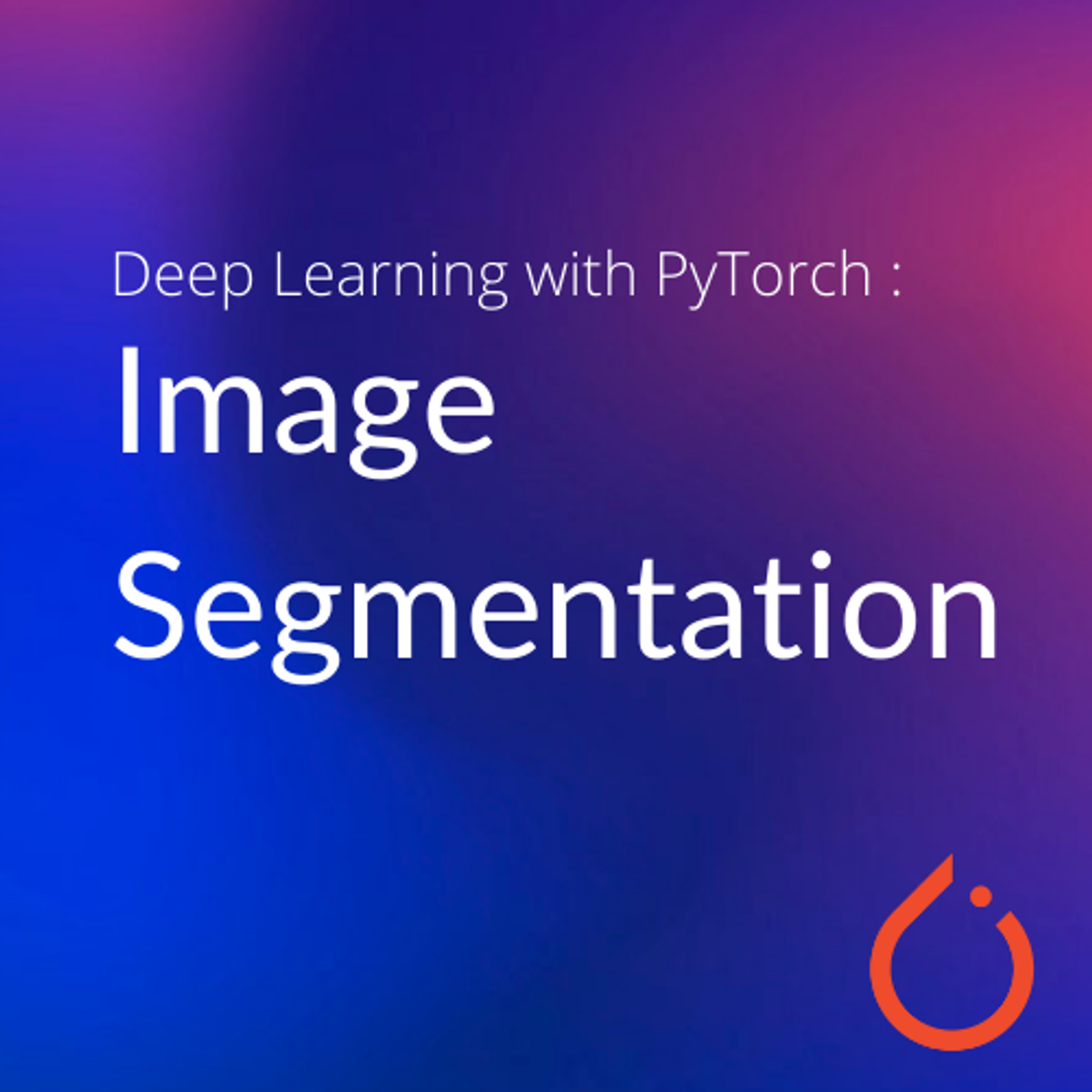
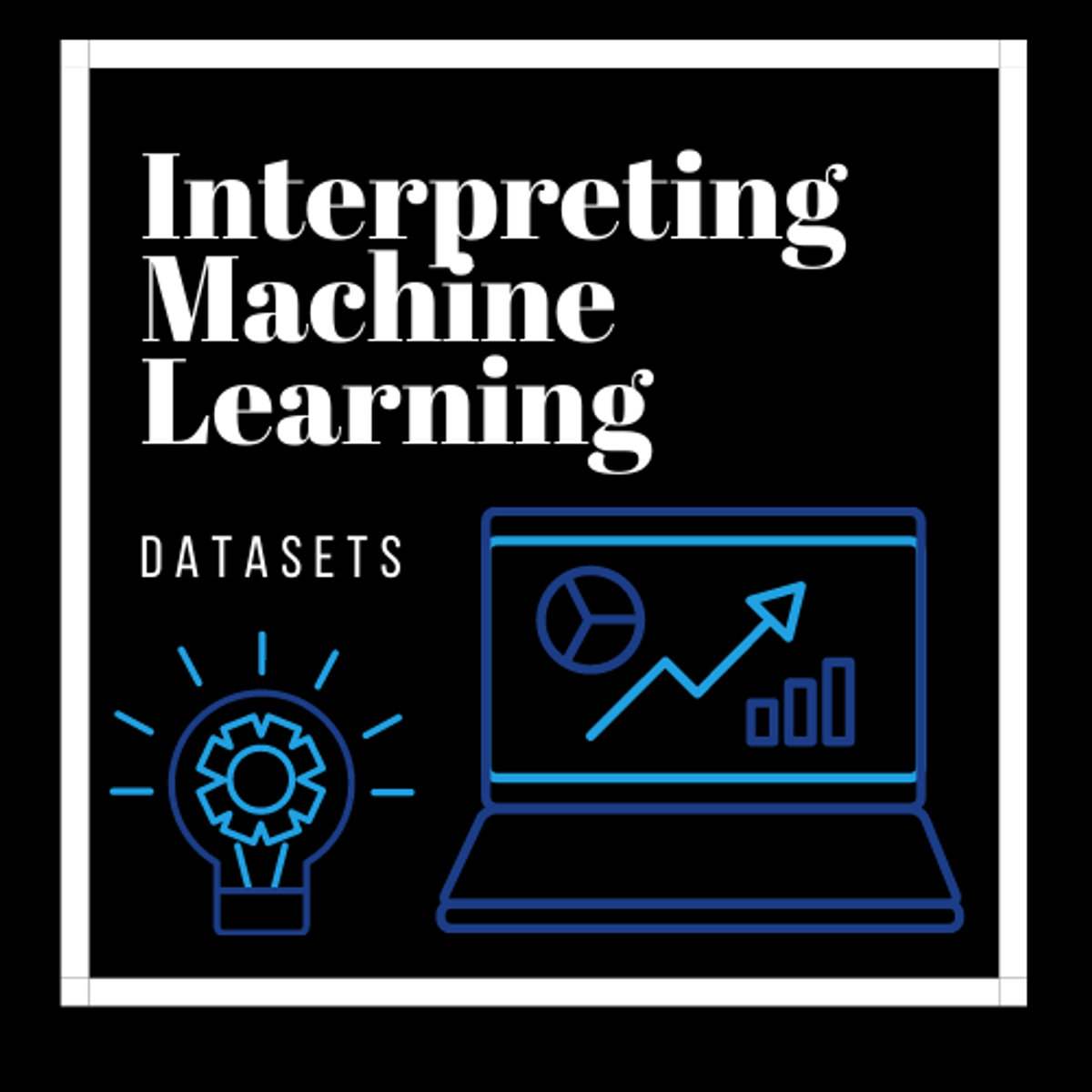
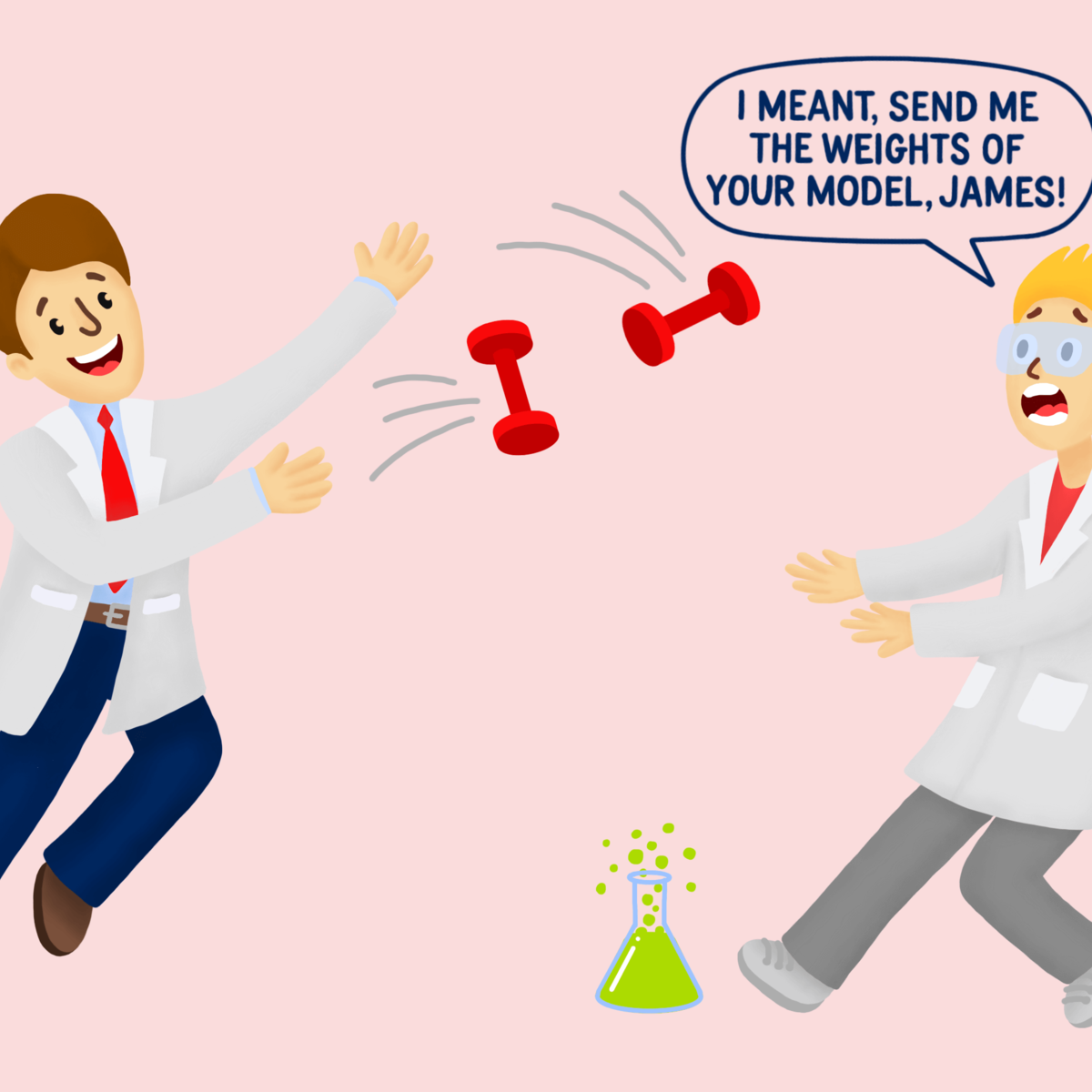
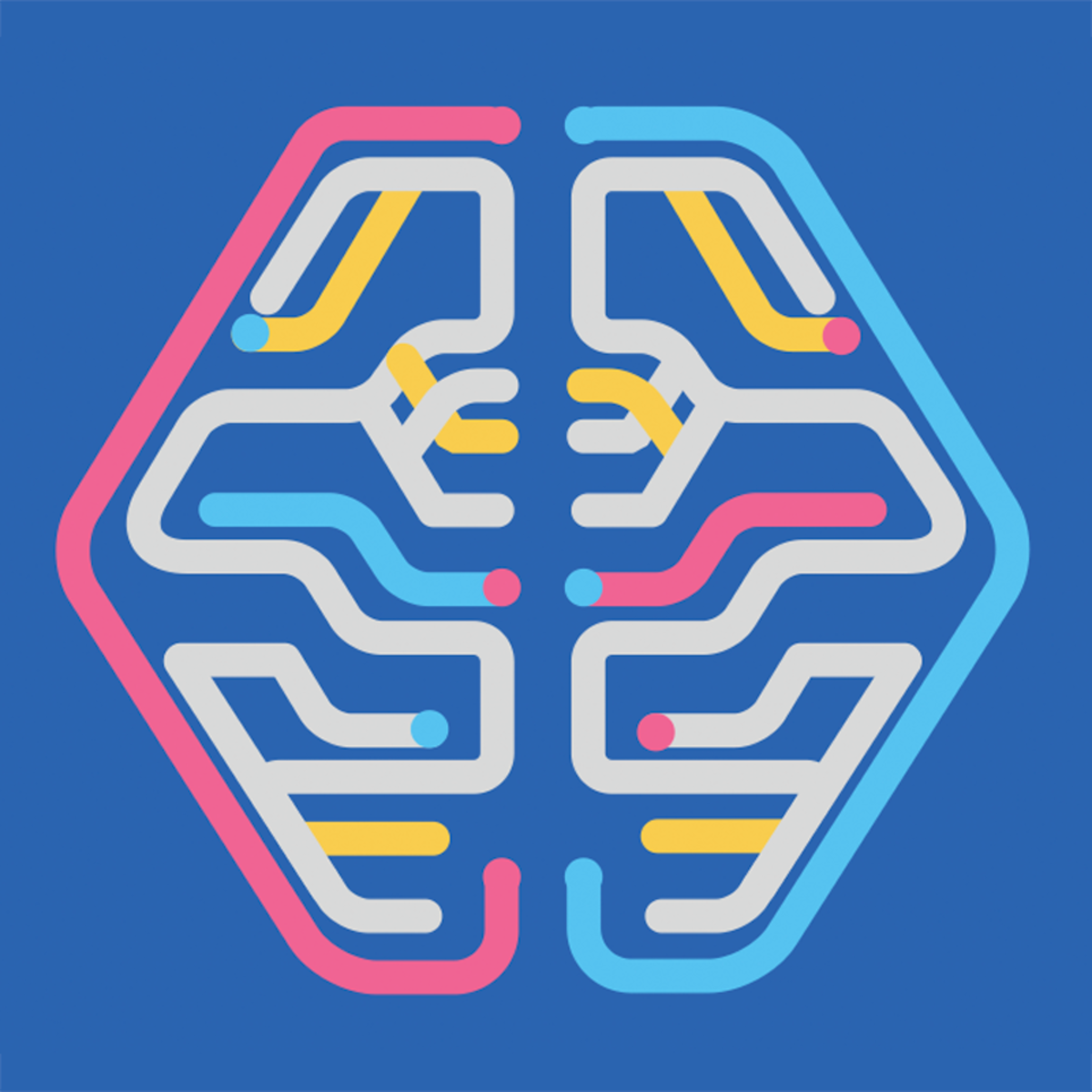

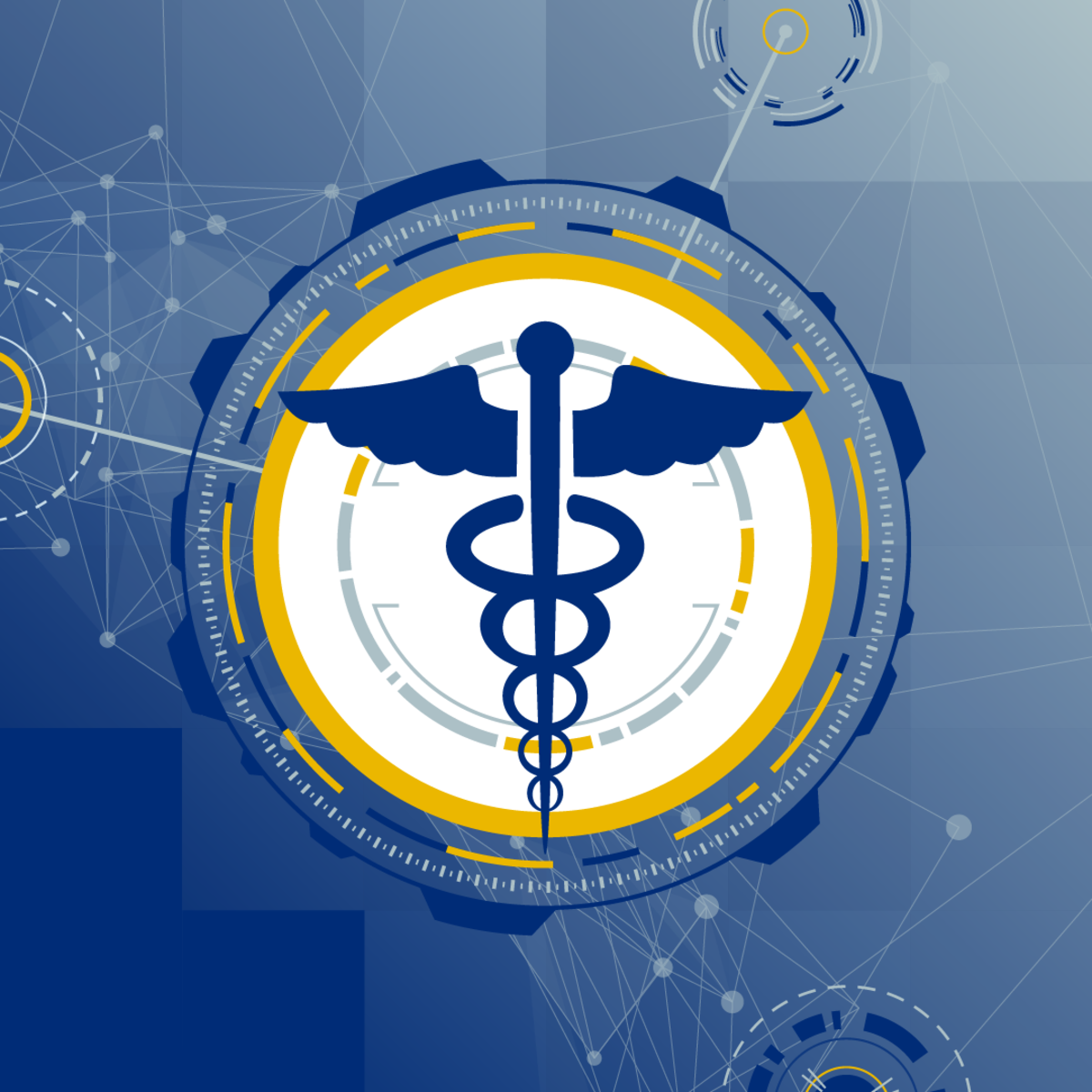
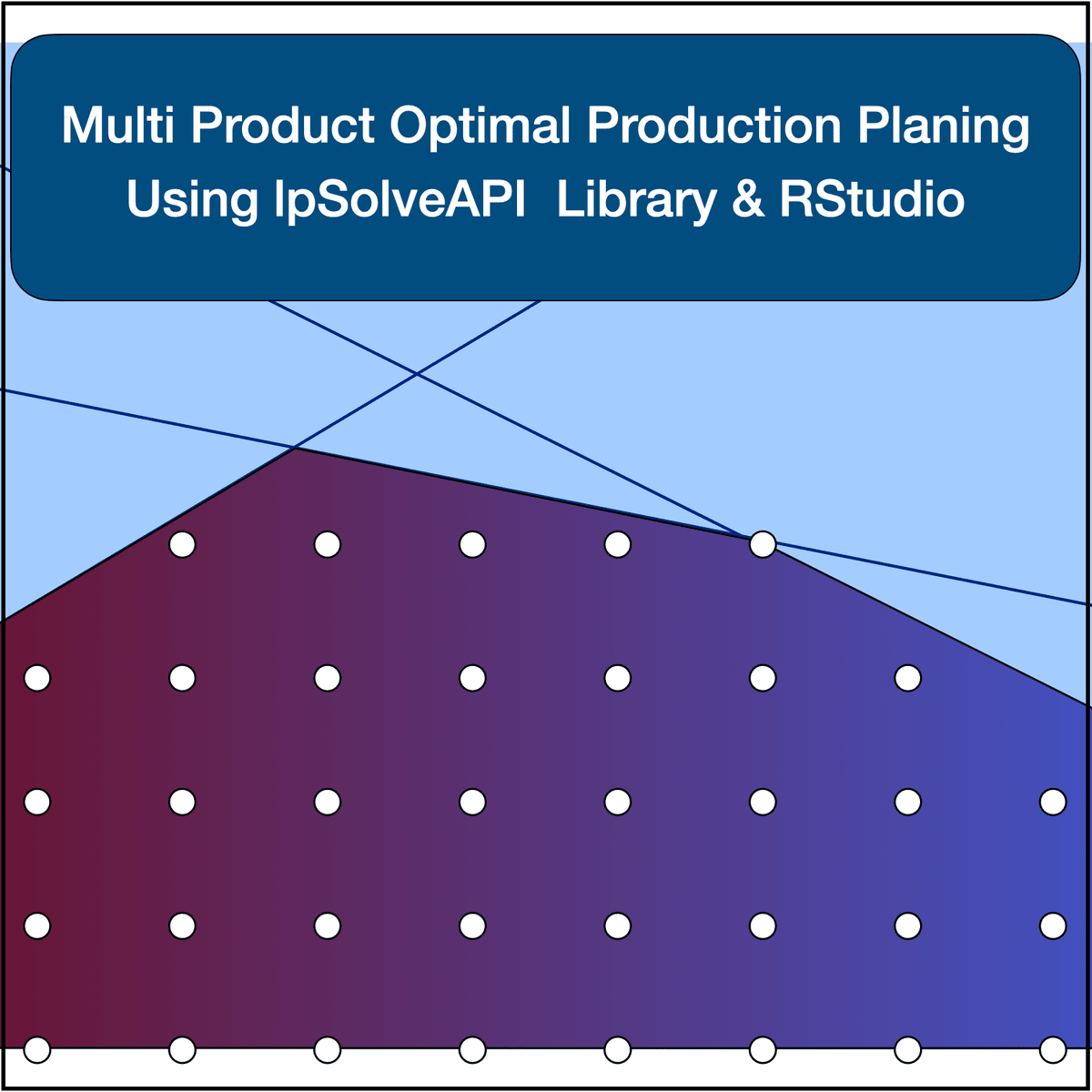


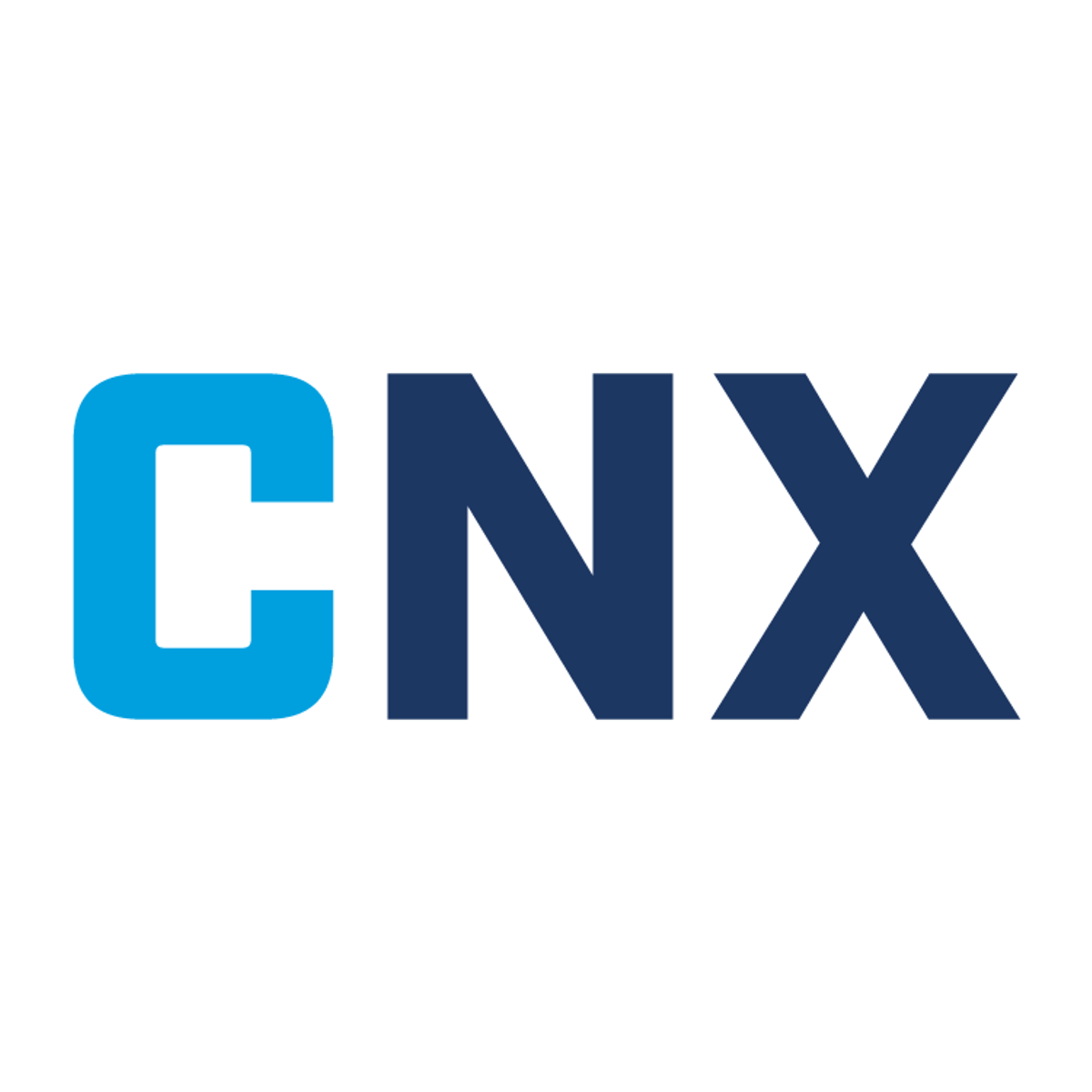
Data Science Courses - Page 8
Showing results 71-80 of 1407

Deep Learning with PyTorch : Image Segmentation
In this 2-hour project-based course, you will be able to :
- Understand the Segmentation Dataset and you will write a custom dataset class for Image-mask dataset. Additionally, you will apply segmentation augmentation to augment images as well as its masks. For image-mask augmentation you will use albumentation library. You will plot the image-Mask pair.
- Load a pretrained state of the art convolutional neural network for segmentation problem(for e.g, Unet) using segmentation model pytorch library.
- Create train function and evaluator function which will helpful to write training loop. Moreover, you will use training loop to train the model.

Interpreting Machine Learning datasets
In this 2-hour long project-based course, you will learn how to interpret the dataset for machine learning, how different features impact on a mode and how to evaluate them.

Save, Load and Export Models with Keras
In this 1 hour long project based course, you will learn to save, load and restore models with Keras. In Keras, we can save just the model weights, or we can save weights along with the entire model architecture. We can also export the models to TensorFlow's Saved Mode format which is very useful when serving a model in production, and we can load models from the Saved Model format back in Keras as well.
In order to be successful in this project, you should be familiar with python programming, and basics of neural networks.
Note: This course works best for learners who are based in the North America region. We’re currently working on providing the same experience in other regions.

TensorFlow on Google Cloud
This course covers designing and building a TensorFlow input data pipeline, building ML models with TensorFlow and Keras, improving the accuracy of ML models, writing ML models for scaled use, and writing specialized ML models.

Integral Calculus and Numerical Analysis for Data Science
Are you interested in Data Science but lack the math background for it? Has math always been a tough subject that you tend to avoid? This course will provide an intuitive understanding of foundational integral calculus, including integration by parts, area under a curve, and integral computation. It will also cover root-finding methods, matrix decomposition, and partial derivatives.
This course is designed to prepare learners to successfully complete Statistical Modeling for Data Science Application, which is part of CU Boulder's Master of Science in Data Science (MS-DS) program.
Logo courtesy of ThisisEngineering RAEng on Unsplash.com

The Data Science of Health Informatics
Health data are notable for how many types there are, how complex they are, and how serious it is to get them straight. These data are used for treatment of the patient from whom they derive, but also for other uses. Examples of such secondary use of health data include population health (e.g., who requires more attention), research (e.g., which drug is more effective in practice), quality (e.g., is the institution meeting benchmarks), and translational research (e.g., are new technologies being applied appropriately). By the end of this course, students will recognize the different types of health and healthcare data, will articulate a coherent and complete question, will interpret queries designed for secondary use of EHR data, and will interpret the results of those queries.

Multi Product Optimal Production Planing Using R lpSolveAPI
For a given demand profile for 8 products over a 9 week period, we determine the optimal production plan for minimal inventory. "Mixed Integer Linear Programming" method is applied using R lpSolve library.

Visualizing Filters of a CNN using TensorFlow
In this short, 1 hour long guided project, we will use a Convolutional Neural Network - the popular VGG16 model, and we will visualize various filters from different layers of the CNN. We will do this by using gradient ascent to visualize images that maximally activate specific filters from different layers of the model.
We will be using TensorFlow as our machine learning framework. The project uses the Google Colab environment which is a fantastic tool for creating and running Jupyter Notebooks in the cloud, and Colab even provides free GPUs for your notebooks.
You will need prior programming experience in Python. This is a practical, hands on guided project for learners who already have theoretical understanding of Neural Networks, Convolutional Neural Networks, and optimization algorithms like gradient descent but want to understand how to use the TensorFlow to visualize various filters of a CNN.
Note: This course works best for learners who are based in the North America region. We’re currently working on providing the same experience in other regions.

Facebook Network Analysis using Python and Networkx
By the end of this project, you will learn how to Analyze a real network graph using python. you will learn how to use Networkx module to Visualize a graph and to calculate some important measures which can describe characteristics of our graph. you will also learn About Centrality measures to find Important nodes in a graph. In the final task of the project we are going talk about Scale-free networks and we are going to prove that Facebook Network graph has familiarities with Scale-free networks.

Preparing for Your CertNexus Certification Exam
What is a certification? How is it different than a certificate or credential? This mini-course will answer these questions and provide learners direction on how to prepare for a certification exam from CertNexus or an other certification vendor. It includes tips and tricks to succeed in your journey towards certification, as well as step by step instructions how to schedule and take your exam, whether in person or online. In addition we will provide next steps after your certification, including posting your badge to social posts and your organization.
Candidates with industry recognized certifications can earn up to 25% more than candidates without a certification. Learn how to successfully prepare for, pass, and share your certification.
Popular Internships and Jobs by Categories
Find Jobs & Internships
Browse
© 2024 BoostGrad | All rights reserved